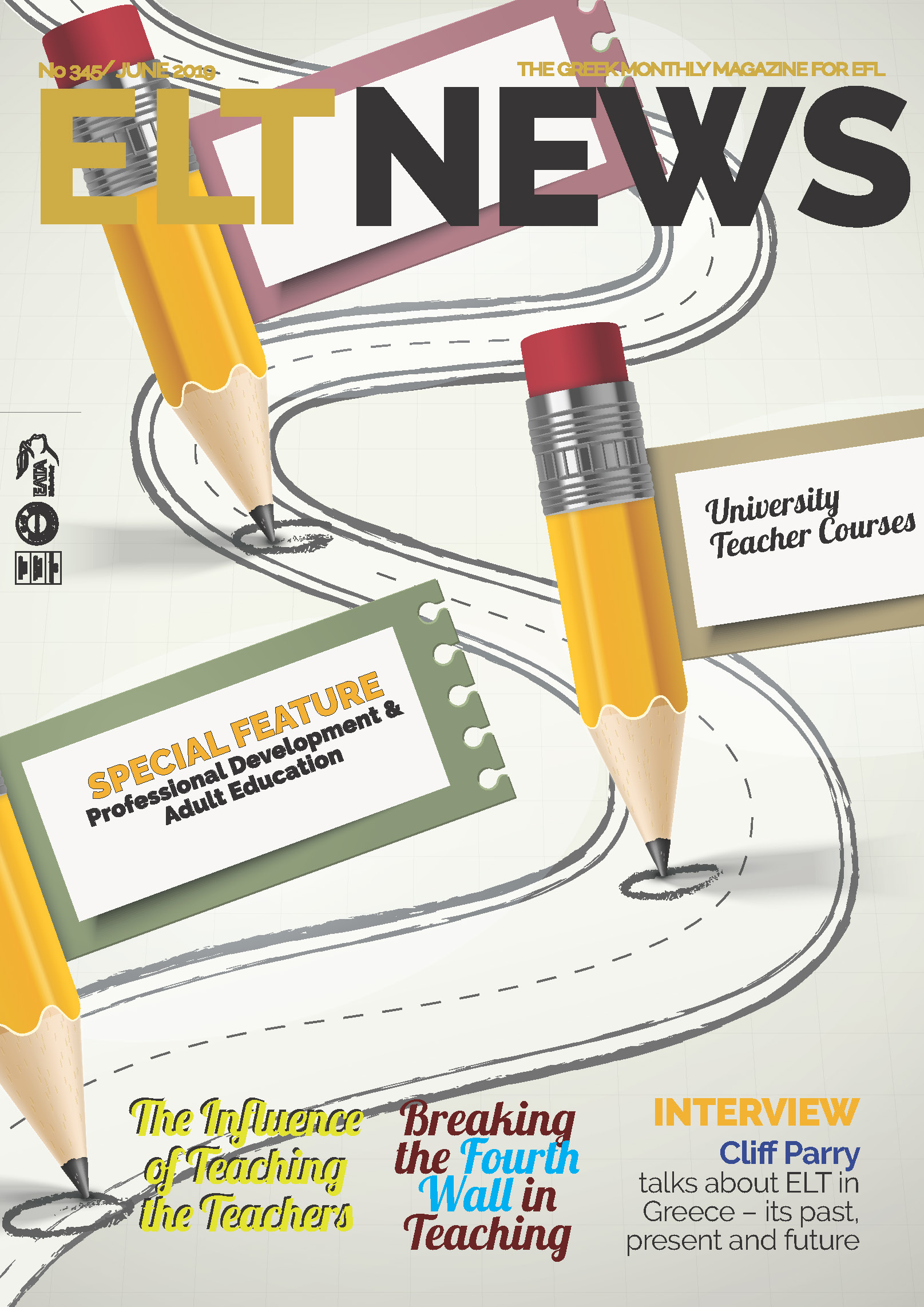What is teaching and its future?
Where does the word ‘teach’ derive from?
Origin
According to Oxford Dictionary ‘teach’ derives from old English tǣcan which means ‘show, present, point out’, and is of Germanic origin. It is related to token, from an Indo-European root shared by Greek δείχνω ‘show’, δείγμα ‘sample’.
a
In theory we are all teachers one way or another. We show something to someone and this someone learns. Do we all learn the same way? The answer is ‘No’. Some people learn better when they are in a group; some learn better when they study individually. Learning styles also differ. Some are visual, others are auditory or kinaesthetic.
How do people learn?
They learn when they are engaged; when the content is relevant to their needs and interests, when it is meaningful to them.
Content is everywhere
In the traditional definitions of learning in the 19th and 20th century the concept was that learning is happening in a fixed curriculum, in a fixed body of knowledge, in a fixed source, in a single building. “Read this book, go to the library etc.” Nowadays we experience the transformation of learning. Sources of learning are everywhere. Engagement in learning is now dependent on what we want to learn; the choices and sources we have are unlimited.
Teachers are everywhere
We used to see teachers working in a formal school setting and being the only source of knowledge. The teacher wore the mantle of authority that was never challenged. Teaching was of the type ‘one size fits all’. However the role of teachers is constantly changing. Homogeneity in our classes is a story of the past. Huge social changes, such as a growing diversity and population mobility, present educators with new and challenging circumstances. The growing power of technology on the other hand as well as the explosion of knowledge about the brain, the nature of learning, and the various learning styles has dramatically changed the interaction between teacher and learner. The invention of the Internet has transformed the long-established idea that teaching and learning occurs in ‘the school’; that is in a standard building, in a classroom, in a lecture room. ‘School’ in our days is not necessarily an institution of formal schooling; deliberate learning might take place everywhere.
Expertise is another area in teaching that is being reconsidered. We cannot claim that we successfully do a little bit of everything: teach young learners, teach young adults, teach adult classes, do Business English and some translation from time to time for additional income or pocket money.
The emphasis now lies in the expertise that is required to enable and support learning. We do not visit a general pathologist for a problem we have on the knee. We visit an orthopaedic. The point I am trying to make is that specialisation is of primary importance. People will find the specialist anyway. So expertise goes beyond the formal role of teaching.
Individualised learning
We’ve always known that students come in a learning situation with very different background experiences, very different background knowledge, motivation, needs and interests. In the near future, because of the large distribution of sources of learning and types of teachers, learning will become much more personalised in the sense that we have more opportunities to learn what we really need and want to learn as individuals.
Networks are the new classrooms
We used to think of a classroom as a container within which learning occurs. This classroom is physically constrained, in most cases it is occupied for a certain period during the day and is usually organised around a teacher who is the source of knowledge. However the structure of learning environments has started to migrate out into society. Learning occurs 24 hours a day, seven days a week, 365 days a year. Learning becomes unconstrained by time and space. It becomes much more participatory and voluntary.
Learning is everywhere
Learning occurs in formal and valued structures - schools and classrooms. But it also takes place through networks, book clubs, discussion groups etc., where people can choose to engage themselves in learning at their own convenience.
What does the future hold for the teaching profession? There are many challenges ahead. Are we ready for a new teaching and learning journey?
